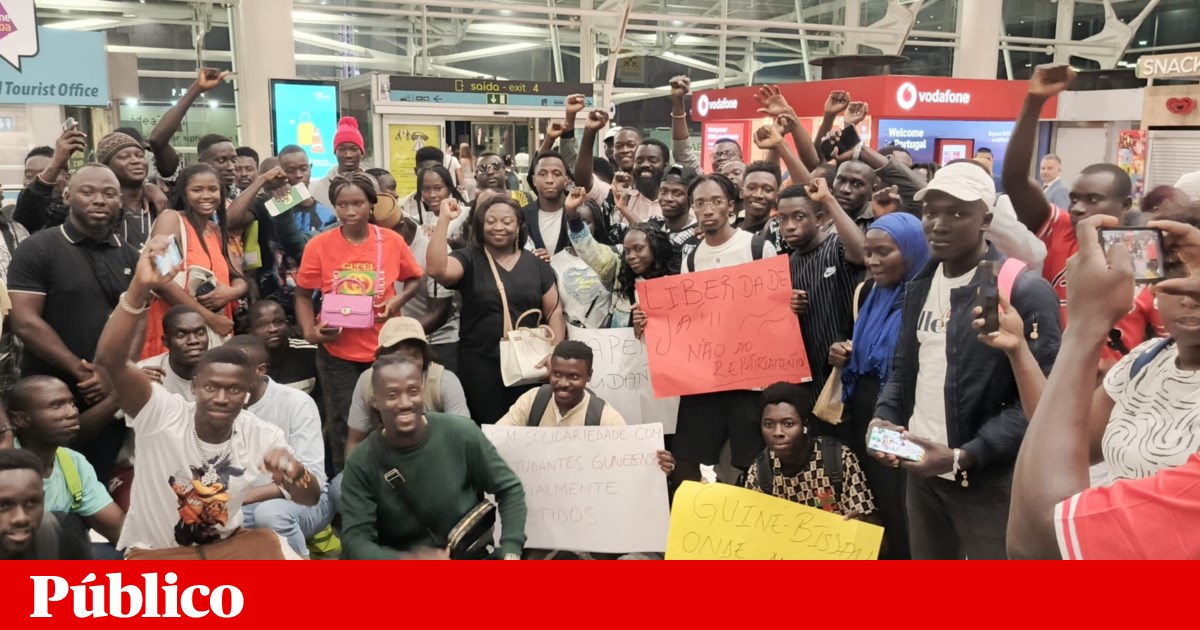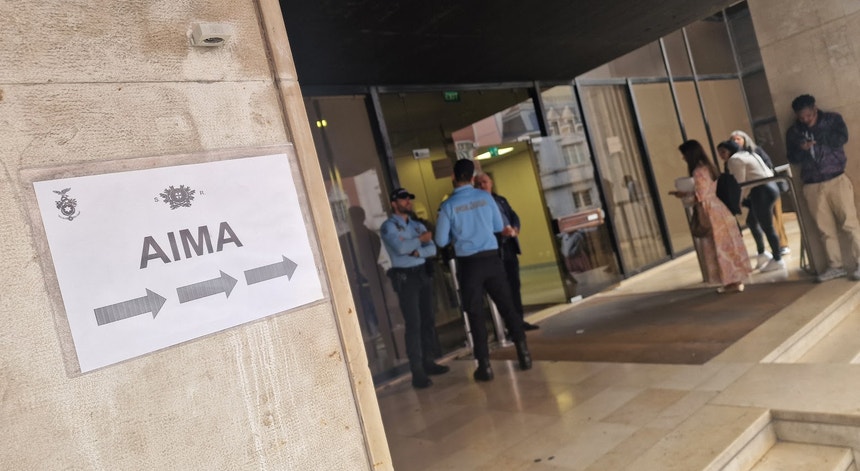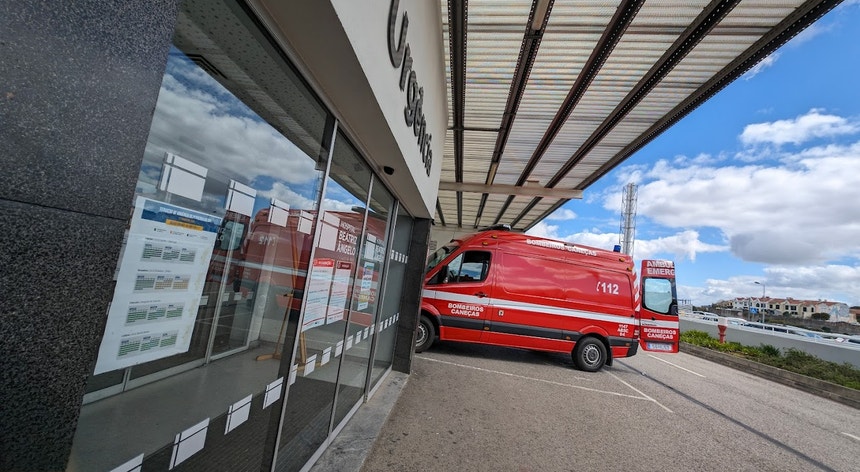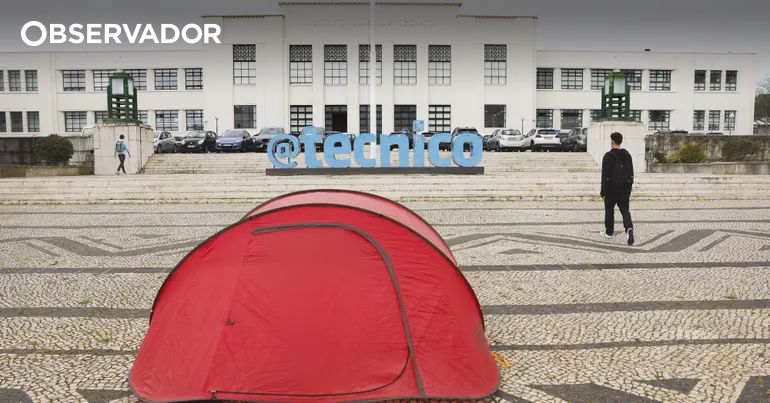Incident Overview
Between Friday and Sunday, 34 Guinean students were barred from entering Portugal at Lisbon Airport by the PSP (Public Security Police). Most were forced to sleep in the international zone under poor conditions, reporting hunger and thirst. Complaints were made to the Association of Guinean Students in Lisbon (AEGBL), leading to a protest on Monday outside the airport.
Resolution and Confirmation
By Monday night, the PSP released the students and agreed to review their cases. On Tuesday, a new statement confirmed that 33 out of 34 students had their entry decisions revoked after verification showed they were indeed enrolled in Portuguese higher education institutions and held valid visas issued by the Portuguese embassy in Bissau. Only one individual, who declared an intention to work, was denied entry. Ceta Wagna Tchuda, president of AEGBL, expressed relief, stating, "We are satisfied because the majority entered."
Hardships Faced
Students reported sleeping on the floor, receiving food late, and suffering from thirst. They criticized the PSP's questioning, which included inquiries about course details and number of programs—information not typically required of students. Language barriers were also noted as a complicating factor.
PSP's Justification
The PSP initially cited doubts about the authenticity of documentation, lack of proof of subsistence means or accommodation, and insufficient corroboration of study intentions. They emphasized that such large-scale denials are unprecedented and stemmed from an abnormal number of suspicious cases detected over the weekend. After re-evaluation, access to enrollment records confirmed the students' legitimacy.
Legal Context
Most visas for students from Portuguese-speaking African countries (PALOP) are processed under Ordinance 111/2019, which simplifies procedures but assumes students can cover their costs. The PSP has the authority to request additional proof upon entry, though missing documents like a declaration of responsibility should not alone justify repatriation, as argued by student representatives.
Broader Implications
This event highlights tensions in immigration controls for students, with authorities acknowledging ongoing fraud detection but rarely blocking such large groups. No evidence suggests these students were part of an organized scheme, raising questions about procedural fairness.























Comments
Join Our Community
Sign up to share your thoughts, engage with others, and become part of our growing community.
No comments yet
Be the first to share your thoughts and start the conversation!